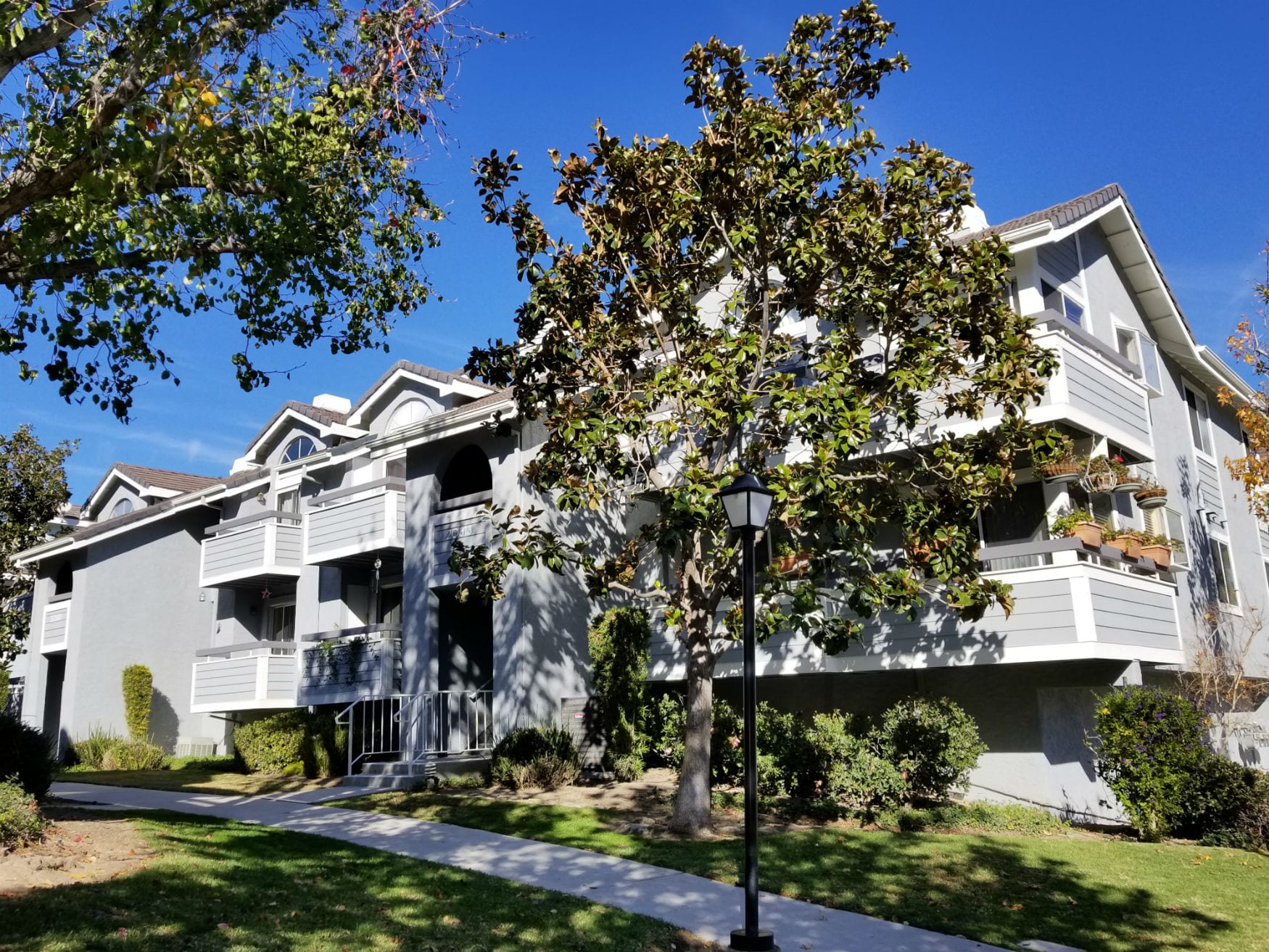The Los Angeles County Department of Public Health announced today the launch of the Rental Housing Habitability Program. Starting in November, inspections will begin to all rental housing properties with two or more rental housing units and tenant-occupied single-family homes in unincorporated areas of Los Angeles County.
The goal of Rental Housing Habitability Program is to ensure that rental housing properties and units in the unincorporated areas of the county are meeting state and county safety codes so that occupants can be safe.
“Every resident in Los Angeles County deserves a safe and healthy place to call home. With the launch of the Rental Housing Habitability Program, the county is taking a proactive step to ensure that rental properties in our unincorporated neighborhoods meet the standards necessary to protect our community’s wellbeing,” said Los Angeles County Board Chair Lindsey P. Horvath. “This program not only safeguards tenants but also supports property owners in maintaining and enhancing the quality of housing across the county.”
“Protecting access to safe and dignified rental housing units is critical to our work to end the homelessness crisis. L.A. County’s new Rental Housing Habitability Program helps us do this by proactively safeguarding the health of tenants throughout our unincorporated communities,” said Los Angeles County Supervisor Holly J. Mitchell. “Renters should not have to choose between being safe or having a roof over their heads. And as a landlord, having habitable rental units is not just the right thing to do; it’s good for business.”
“Through this program, we have an opportunity to ensure that rental properties in unincorporated L.A. County offer tenants a place to live that complies with state and local housing laws,” said Dr. Barbara Ferrer, Ph.D., M.P.H., M.Ed., Director of the Los Angeles County Department of Public Health. “Routine inspections of rental housing can identify hazards that compromise health and reduce property values. Tenants and property owners are encouraged to work closely with Public Health inspectors to facilitate timely inspections and, where needed, appropriate repairs.”
The Rental Housing Habitability Program will work with tenants and landlords to inspect each rental housing unit once every four years. For these routine inspections, a 30-day notice is sent to the rental property owner/landlord informing them that the property and units will be inspected on a specific day or range of dates, depending on the number of rental units on the property. The landlord is required to post these notices in conspicuous places on the property, so tenants are aware of the upcoming inspection date.
Within 24-hours of a scheduled routine inspection, the landlord is required to provide each tenant a written notice reminding them of the scheduled routine inspection and the need for the inspector to enter the rental housing unit to complete the inspection. Rental Housing Habitability Program will also respond to complaints about rental housing units.
Public Health will prioritize the inspection of rental properties that have a history of repeated habitability violations. The 30-day notices of inspection for the prioritized properties will be sent in October.
Rental Housing Habitability Program inspectors will inspect rental housing units for compliance with State and local Housing laws. If inspectors find violations, the landlord will be required to correct the violations within 21 days. Extensions may be granted if there is substantial progress toward completion of the correction or repair. If violations have not been corrected by the required compliance date, administrative hearings, fines and additional inspections can be imposed. Significant ongoing violations can be ordered into the Rent Escrow Account Program, with a corresponding rent reduction, additional fines and penalties to until repairs are made.
Legal protections for tenants against evictions, rent increases and retaliation are available when there are ongoing violations regarding their unit. The county’s Department of Consumer and Business Affairs can support residents with information on tenant protections, rent registry, mediation and rent stabilization, among other services. To learn more about rental housing and tenant protections, visit DCBA’s website: https://dcba.lacounty.gov/.
To operate the Rental Housing Habitability Program, the landlord will be charged an annual program fee of $86 per rental housing unit that will be billed as part of the rental housing property’s annual property tax. The Rental Housing Habitability Program permits the landlord to pass through 50% of this fee, $3.58 per month, to the tenant.
For more information about the Rental Housing Habitability Program, visit: ph.lacounty.gov/rhhp.
Like this:
Like Loading...
Related





 Tweet This
Tweet This Facebook
Facebook Digg This
Digg This Bookmark
Bookmark Stumble
Stumble RSS
RSS




























REAL NAMES ONLY: All posters must use their real individual or business name. This applies equally to Twitter account holders who use a nickname.
0 Comments
You can be the first one to leave a comment.